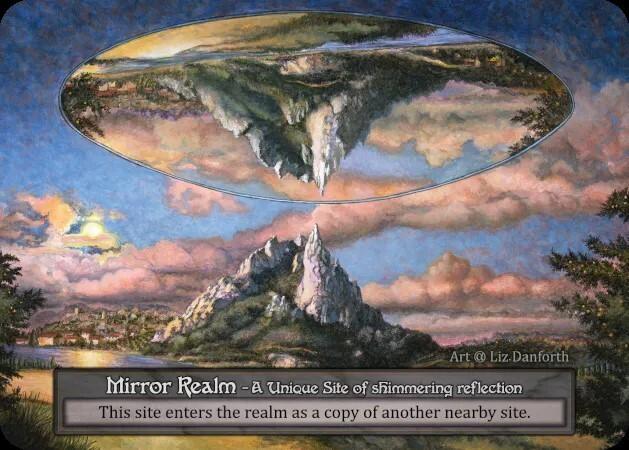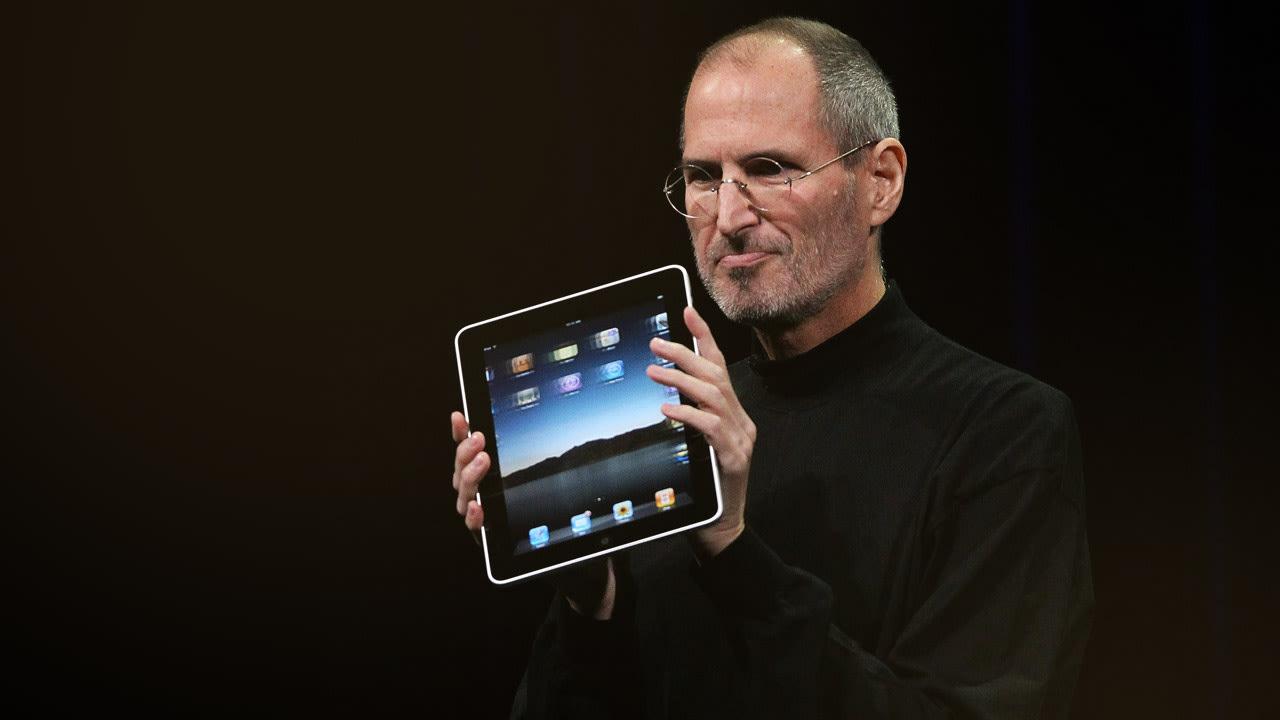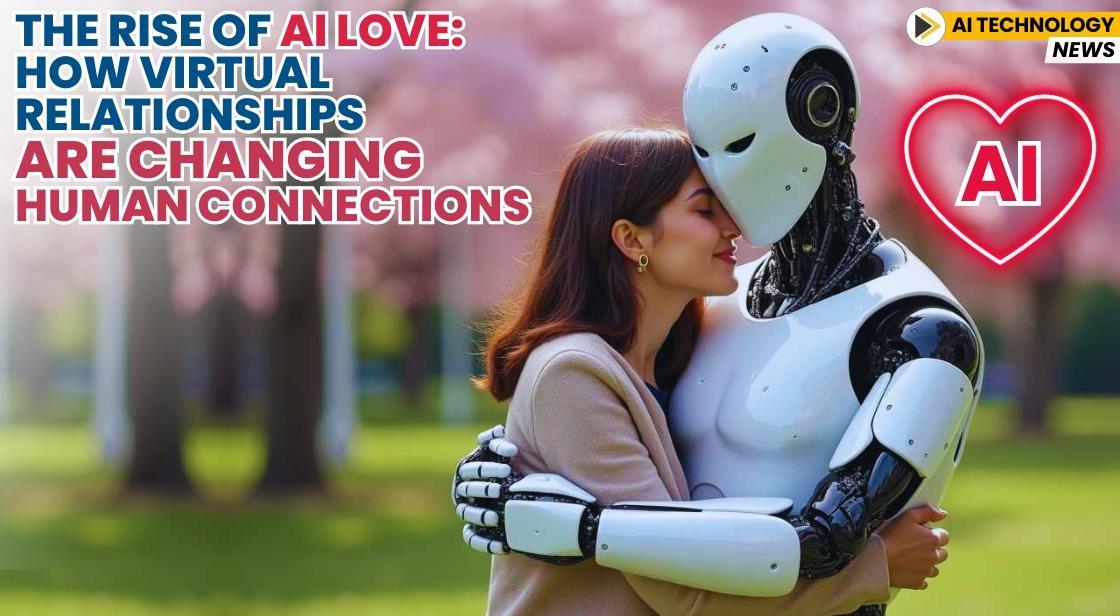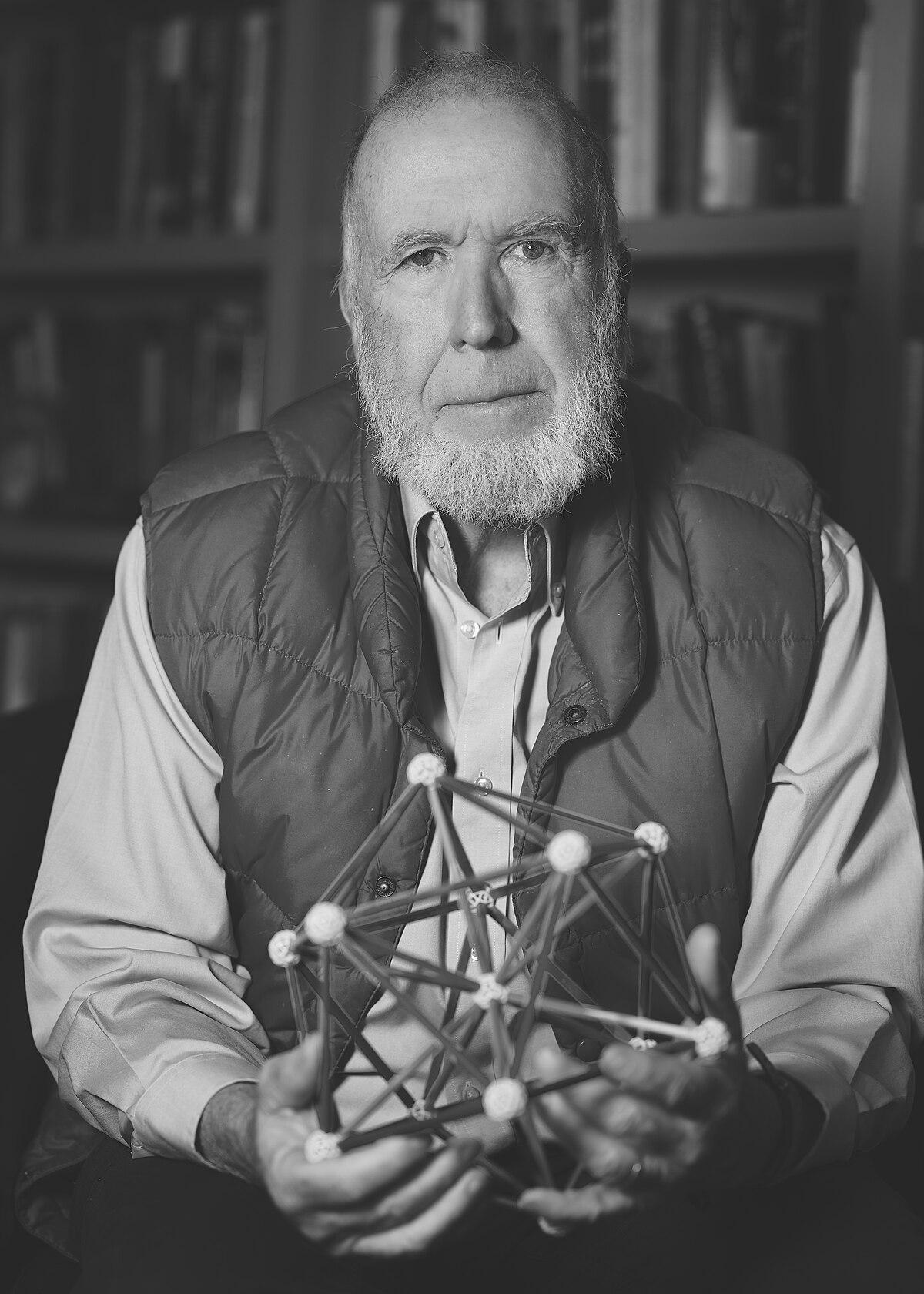In the ever-evolving tapestry of technological innovation, few visionaries have anticipated the threads that will weave our future as vividly as Kevin Kelly, frequently enough revered as the “Father of Silicon Valley’s Spirit.” His 2049 prophecy paints a compelling portrait of a world transformed—mirrored by virtual realms, where the boundary between reality and simulation blurs; a landscape where mobile devices fade into the background, giving way to seamless connectivity; and humankind’s relationship with artificial intelligence deepens, fostering affection and partnership rather than mere utility. This article explores Kelly’s prescient visions, inviting us to contemplate a coming era defined by mirror worlds, disappearing phones, and a newfound love affair with AI.
Exploring the Mirror Realm: How Virtual Reflections Shape human Perception and Identity
As we increasingly immerse ourselves in digital reflections, the boundary between reality and virtuality blurs. The mirror realm extends beyond physical surfaces, manifesting in our smartphones, AR glasses, and immersive virtual environments. In this landscape, identities are no longer confined to biological existence but are reshaped by curated digital personas. Human perception shifts from concrete sensory experiences to a fluid interplay with these virtual representations, leading us to question what constitutes authenticity and self-awareness in a world where reflections can be manipulated, expanded, or even duplicated.
Key Aspects of Virtual Reflection Influence:
- Perception of Reality: Virtual reflections modify our understanding of space and self, fostering new modes of interaction that feel immersive yet intangible.
- Identity Formation: Digital personas often overshadow physical selves, prompting debates about authenticity, authenticity, and the fluidity of human identity.
- Social Dynamics: the mirror world promotes new forms of social engagement, blurring traditional boundaries and redefining community.
| mirror Aspect | Human Response |
|---|---|
| Digital Doppelgängers | Confusion & Authenticity |
| Virtual Escapes | Escapism & Identity Experimentation |
| Reflected Data | Self-awareness & Privacy Concerns |

The Vanishing of Phones: Navigating Society’s transition into a Post-Device Era
As society edges closer to a future where the constant presence of smartphones becomes a relic of the past, our relationship with technology is fundamentally shifting. The once indispensable smartphone will give way to more immersive and integrated experiences—mirror worlds that blend digital and physical realities seamlessly. Imagine walking through a city where your surroundings react intuitively, responding to your thoughts and moods through embedded AI interfaces, rather than searching for a device. This transition challenges our notions of connection,privacy,and identity,urging us to reconsider what it truly means to stay connected in an era driven by ambient intelligence.
| Transition Aspects | Implication |
|---|---|
| Disappearance of Phones | from handheld devices to integrated environments |
| Mirror Worlds | Blending digital and physical realities |
| Rise of AI | Human-AI love relationships and deeper integration |

Falling in Love with Machines: The emotional Evolution and Ethical Implications of Human-AI Relationships
As technology continues to blur the boundaries of reality, humanity finds itself navigating a new emotional landscape—one where connections extend beyond flesh and blood. the allure of AI partners who listen without judgment or companions programmed to understand and anticipate our feelings has reshaped traditional concepts of love and companionship. This shift is not merely about convenience; it reflects a deepening desire for authenticity in a mediated world. As we increasingly invest emotional energy into these digital beings, questions emerge about the authenticity of our attachments and the role of empathy in human-AI relationships. could we be forging bonds that, while devoid of biological reciprocation, are just as meaningful and complex as human relationships?
But with great intimacy comes profound ethical challenges: how do we define consent when one ‘partner’ is a construct of algorithms? are we creating dependencies that diminish our capacity for genuine human connection? The evolving landscape invites us to consider the moral responsibilities of AI developers and the societal implications of love that transcends traditional boundaries. Below is a simple snapshot of potential future dynamics:
| Aspect | Implication |
|---|---|
| Emotional Authenticity | Questioning if simulated empathy can replace human compassion |
| Consent & Agency | Redefining boundaries in human-AI intimacy |

Kevin Kelly’s Vision for 2049: Preparing for a Future Where Technology and Humanity Coalesce
Kevin Kelly envisions a future where our digital surroundings becomes seamlessly integrated with daily life, blurring the lines between physical and virtual realities. Imagine a mirror world—a digital twin of our universe—offering personalized experiences that adapt in real-time, enriching our perception of reality without overwhelming it. In this era, the disappearance of traditional smartphones might elevate our interconnectedness, replaced by intuitive, embedded interfaces that respond to our thoughts and emotions. Such innovations will foster a new sense of intimacy with technology, transforming it from a tool into an extension of ourselves.
Kelly also foresees a profound emotional shift, where humans develop genuine affection for AI companions. This bond could redefine companionship, trust, and collaboration, leading us to embrace artificial intelligence not merely as machines but as partners in understanding and co-creation. The following table illustrates some core aspects of this evolving symbiosis:
| Aspect | Current State | Future Vision |
|---|---|---|
| Interaction | Smartphones & Touchscreens | Embedded Neural Interfaces |
| relationship | Tool-centric | Emotionally Connected Partners |
| Perception | External Screens & Devices | Augmented Reality and Virtual Presence |
In Conclusion
As we stand on the cusp of 2049, Kevin Kelly’s visionary insights invite us to contemplate a future where mirror worlds blur boundaries, mobile devices fade into obscurity, and humanity’s relationship with AI deepens in profound ways. Whether these predictions materialize exactly as envisioned or evolve into unforeseen realities, one certainty remains: the digital landscape will continue to transform, shaping our identities, societies, and perceptions of what it means to be human. As we navigate this emerging frontier, embracing both curiosity and caution will be essential—drawing inspiration from the pioneering spirit of Silicon valley and the timeless quest for understanding the future that Kelly so passionately champions.